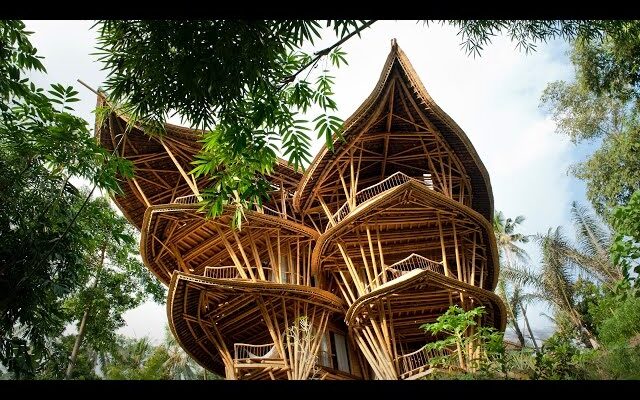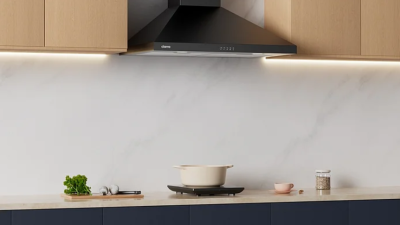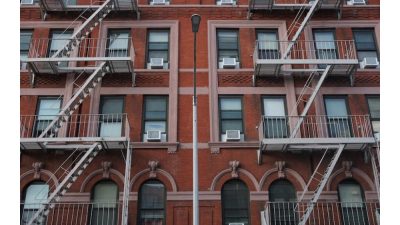Road safety has become a major focus for developers, with flexible poles and posts emerging as innovative solutions in road construction.
These structures enhance safety by reducing vehicle damage and injury during accidents.
Delineators
Delineators are flexible road posts used to mark road boundaries and guide traffic, especially in low visibility areas.
Made from reflective materials, they help drivers identify lanes and road edges, reducing accidents at night or in poor weather.
Their flexibility allows them to bend upon impact, minimising damage, making them ideal for high-traffic areas.
Cost-effective and durable, delineators are widely used in construction zones, highways, and car parks due to their easy installation and maintenance, enhancing traffic safety and flow.
Bollards
Bollards are flexible road posts used to control traffic and prevent vehicle access.
Found in urban streets, pedestrian zones, and parking areas, they serve as both physical and visual barriers, guiding traffic and protecting pedestrians.
Known for their robustness and flexibility, bollards can withstand impacts and return to their original position.
Available in various designs, they can be customised for visibility and are crucial for balancing security and aesthetics in infrastructure development.
Guide Posts
Guide posts are crucial for road safety, particularly in rural and poorly lit areas.
They guide vehicles, maintain lane discipline, and highlight hazards, using durable materials and reflective elements to withstand weather and impacts.
Widely used on highways and rural roads, they enhance road safety and driver confidence by delineating boundaries and indicating sharp turns.
Material Matters in Flexible Pole Construction
- Plastics: Plastic is a lightweight, cost-effective material for flexible poles, offering excellent flexibility and easy moulding into shapes for road posts. While less durable in extreme weather, its adaptability and easy installation make it popular, especially in temporary setups like construction zones. It balances cost and performance, ideal for temporary or mobile road safety solutions.
- Composites: Composite materials, combining plastic and fibre, enhance the durability and flexibility of poles, offering resistance to impact and environmental factors. They provide a high strength-to-weight ratio, are lighter than metal, and do not corrode, resulting in reduced installation and maintenance costs. Ideal for long-term projects, composite poles are favoured for their resilience, longevity, and cost-effectiveness.
- Metals: Metal poles, typically made from aluminium or steel, offer exceptional strength and impact resistance, making them ideal for high-risk areas where durability is crucial. While they are heavier and can corrode, advancements in coatings have extended their lifespan. Highly customisable, they can incorporate sensors and technologies, offering reliable solutions for civil engineering projects and urban environments. Despite a higher initial cost, they ensure long-term performance and safety.
Conclusion
Flexible poles and posts play a crucial role in road construction and safety by enhancing traffic management and infrastructure durability.
Engineers in Malaysia can choose from various flexible posts or flexible poles, and select materials like plastic or metal to suit specific project needs.
This thoughtful integration supports safer and more efficient infrastructure development.











Comments